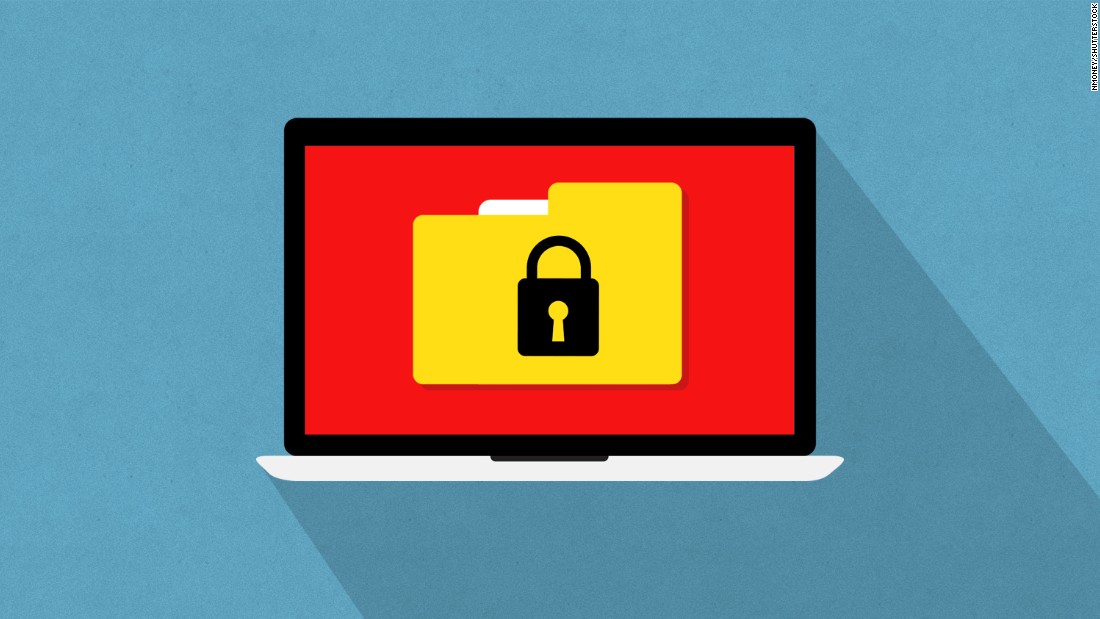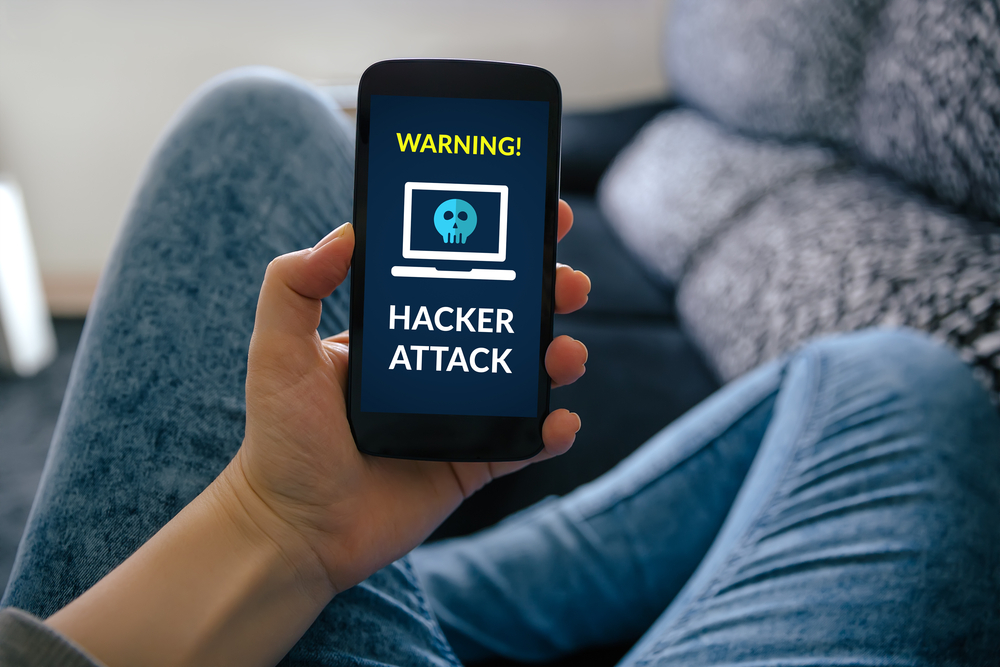The spear-phishing attack campaign took place in early June last week, according to alerts published by the Ukrainian Secret Service, Ukrainian Cyber Police, and CERT Ukraine.
South Korea Ransomware attacks have escalated over the past year in South Korea, crippling hospitals and shopping malls, as the coronavirus outbreak has increased Internet activity, according to Ciso.
In just the past few months, hackers — we still don’t know who — were caught messing with the chemical controls at a water treatment plant in Florida, in what appeared to be an attempt to contaminate the water supply just ahead of Super Bowl weekend.
Ransomware attacks are not new. The money at stake has changed drastically, however, inflating from thousands to millions of dollars, and the targets are more sophisticated as well.
The Financial Industry Regulatory Authority said in a recent notice that it has “received an increasing number of reports regarding customer account takeover incidents, which involve bad actors using compromised customer information.”
When President Joe Biden meets with Russian President Vladimir Putin later this month, he will undoubtedly bring up — as he should — the matter of repeated ransomware attacks against US targets by Russian-based hackers.
Security researchers have found a new batch of malicious Android applications trying to lure victims by impersonating popular applications. The targeted applications were mostly from renowned financial institutions while spreading TeaBot and FluBot trojans. The use of fake or lookalike malicious applications has been an old yet popular and effective method to spread malware.
Almost all retail businesses today depend on the internet for most of their operations. While they invest in state-of-the-art platforms, meeting adequate security protocols appears to be a blockage. Retail firms are recommended to invest regularly in their existing security solutions and stay informed of any suspicious activities.
Academics from two European universities devised Cut-and-Mouse and Ghost Control attack techniques that affect the protected folder feature offered by antivirus programs. Malware authors are continuously attempting to sneak past security defenses and the discovery of attack scenarios like these can help them achieve new levels.
The hack that took down the largest fuel pipeline in the U.S. and led to shortages across the East Coast was the result of a single compromised password, according to a cybersecurity consultant who responded to the attack.








